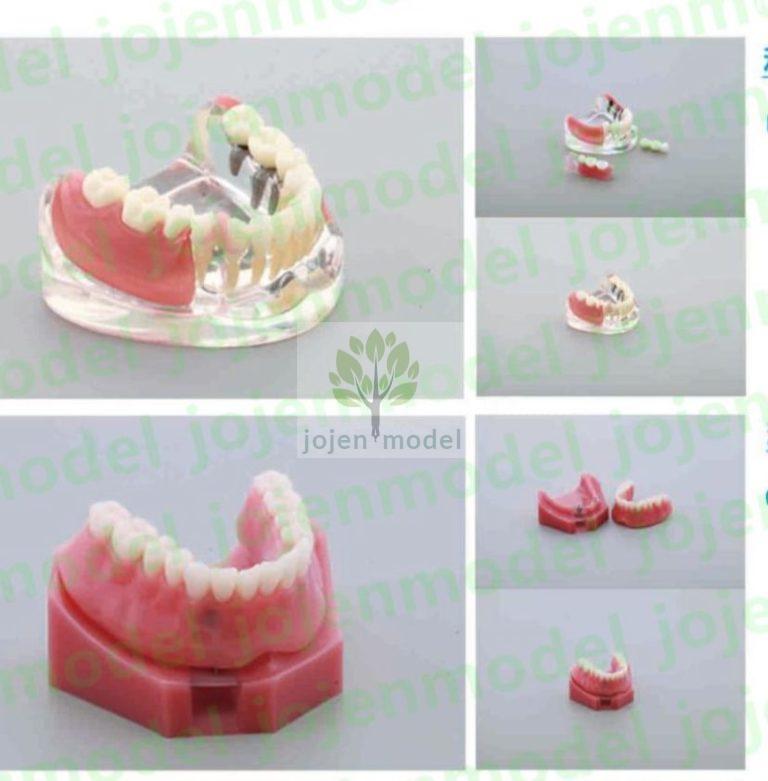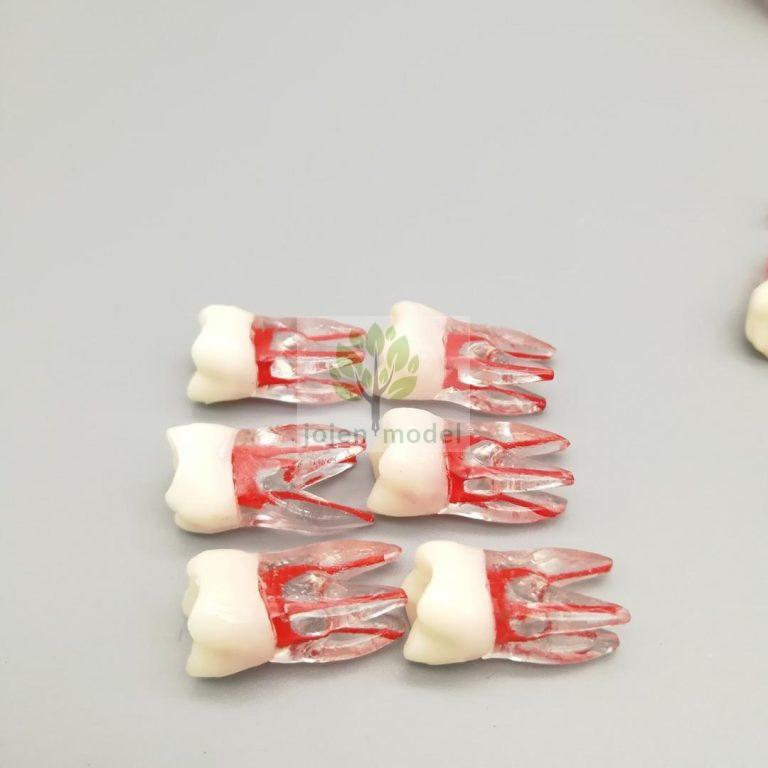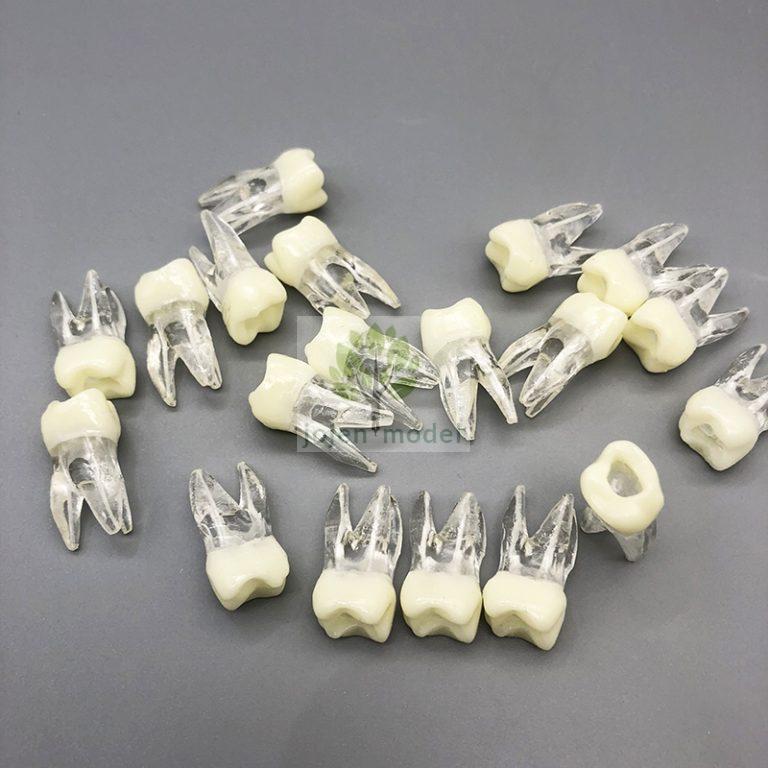
Teeth Model
Introduction: Importance of Teeth Models in Dental Education
Teeth models play a pivotal role in dental education, serving as essential tools for hands-on learning and practical training. These models offer dental students and professionals a tangible way to study the intricacies of dental anatomy, practice procedures, and enhance their understanding of complex dental conditions. The use of high-quality teeth models is crucial in bridging the gap between theoretical knowledge and practical skills. Among the manufacturers of these indispensable educational tools, Jojen Model has established itself as a leading name. Based in China, Jojen Model is renowned for producing teeth models that are not only highly realistic but also designed to meet the diverse needs of dental education globally.
Why Jojen Model Stands Out
Jojen Model differentiates itself through several key features:
Realistic Simulation: Their teeth models are celebrated for their exceptional realism, closely mimicking the feel, appearance, and texture of real teeth and gums. This realism is crucial for students to gain a deep understanding of dental anatomy and to practice procedures as if on a real patient.
Customizable Options: Recognizing the varied needs of dental education, Jojen offers customizable models. This flexibility allows institutions to tailor the models according to their specific curriculum requirements, enhancing the learning experience.
Durability: Jojen Model’s teeth models are built to last, capable of withstanding the wear and tear of repeated use. This durability ensures that educational institutions can rely on these models for long-term training purposes.
Cost-effectiveness and Compatibility: Beyond these features, Jojen Model’s products stand out for their compatibility with well-known international brands such as Nissin Dental, Frasaco, Kavo Dental, and Kilgore International, offering a more economical choice without compromising quality.
Applications of Jojen Model in Dental Education
Jojen Model’s teeth models find application across a broad spectrum of dental education and training scenarios. They are instrumental in dental schools and universities for foundational training, allowing students to practice and hone their skills in a risk-free environment. Furthermore, these models are utilized in continuing education programs, helping practicing dentists to update their skills with the latest techniques. Jojen Model’s teeth models also play a role in professional development workshops, where dental professionals can learn new procedures and technologies to advance their practice. This wide applicability underscores the importance of Jojen Model in modernizing and enhancing dental education worldwide.





